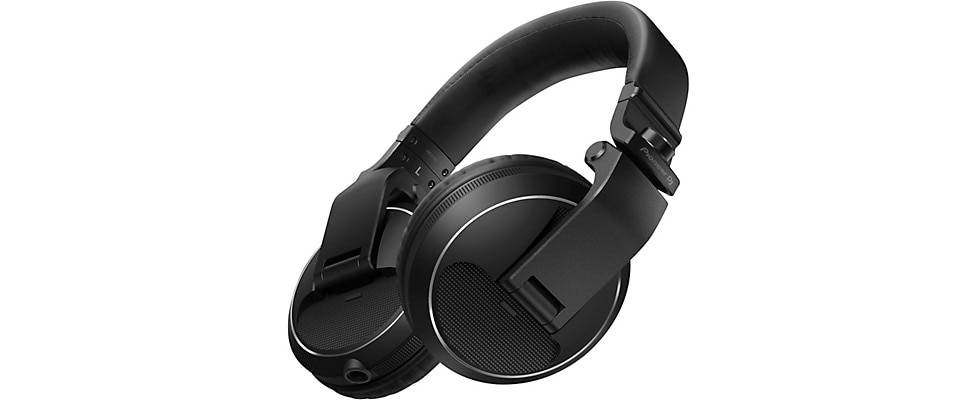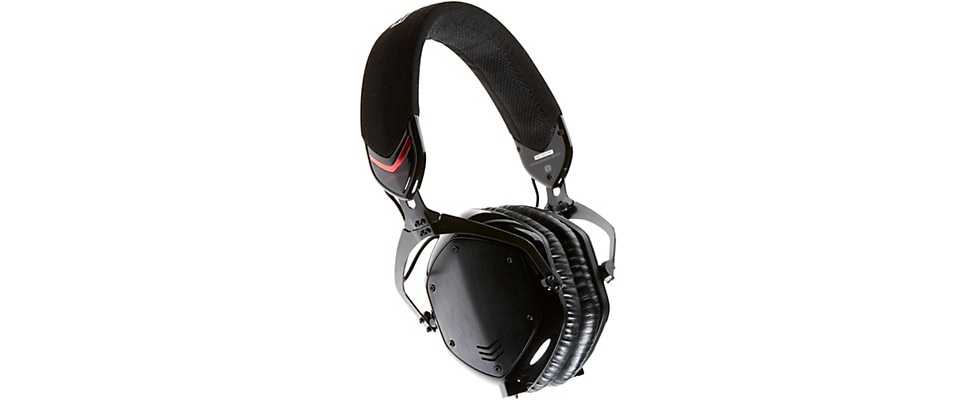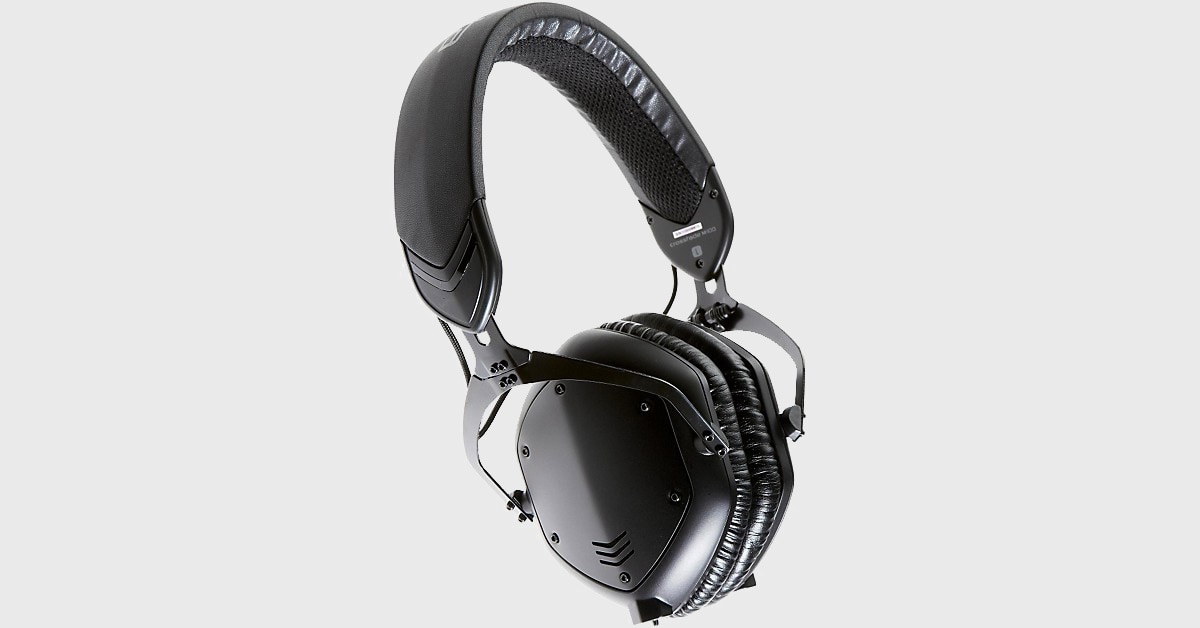Choosing the right set of headphones can make a big difference in how you monitor your show. Whether you’re a remixer, club DJ or spinning at parties, a well-designed pair will help you stay comfortable on those long gigs while giving you a solid sense of the sounds you’re spinning and cuing up.
Here are the key factors to consider as you shop for the perfect set of DJ headphones:
Sound Quality
Unlike audiophile headphones, you’re not looking for perfectly accurate reproduction. You want headphones that can reproduce deep bass and clear, crisp highs—the key elements of dance music being the bass line, kick drum, snare drum and hi-hat cymbal.
Here are some specs and features to consider:
Driver diameter (mm)
Bigger is better. Generally speaking, the bigger the drivers (speakers), the deeper the bass they will reproduce. Look for at least 40mm diameter drivers.
Maximum input (mW)
Another clue to sound quality is the maximum input rating, which is given in milliwatts (mW). The higher this spec, the less distortion you’ll hear when listening at higher volume. An input power rating of 3000mW should result in practically no distortion. You’ll notice that headphones with higher input power ratings typically command higher prices.
Sensitivity (dB/mW)
Headphones with higher number can produce more volume. But be careful—listening at high volumes over time will trash your hearing.
Frequency range (Hz)
Frequency range specs are less useful. Many headphones claim to cover a range from 20Hz to 20kHz and higher. At best, human hearing ranges between 20Hz and 20kHz, so numbers outside that range don’t offer any benefits. Manufacturers also use different methods for establishing this spec and they should be taken with a grain of salt.
Closed-back vs open-back designs
Many consumer headphones have open or semi-open backs that allow some ambient sound from the room to be heard. But DJs generally opt for closed-back (sometimes described as fully enclosed) models that isolate the DJ from external sound—important in noisy club settings. Closed-back headphones also tend to produce better bass response.
Comfort and Durability
DJ headphones take a beating and the best designs take that into account. You’ll be wearing them for long stretches, so they need to be comfortable too.
Here are the features to look for:
Earpad and headband design
Earpads should be well padded for comfort and mounted on rotating or swiveling arms that allow easy single-sided monitoring and positioning. The earpads should completely and comfortably encompass your ears.
The headband should offer easy adjustability that maintains enough side pressure to keep a single ear cup secure when you’re monitoring both your cue and room mixes. If you tend to wear your headphones around your neck. the headband should allow you to do that without chafing.

Designed for ultimate comfort, the Pioneer HDJ-X5 DJ Headphones feature a flexible swivel mechanism and comfortable headband, as well as 40mm drivers that deliver fantastic audio quality.
Replaceable ear pads and cables
Some better quality headphones include an extra set of earpads while other manufacturers sell replacement earpads to extend the life of your headphones.
Since the cable/jack are often the first components to wear out, their replaceability is a big plus.
Jack and cable considerations
Most DJ headphone are equipped with a ¼” jack to match the inputs on most DJ controllers and mixers. Otherwise you’ll need to keep a ⅛” to ¼” converter handy.
Many DJs prefer coiled versus straight cables since they’re less prone to snag on your other gear. Most DJ models come with coiled cables while a few models also include a straight cable.
Regardless of type, pay attention to the length. You’ll find most cables range between 4 and 12 feet. A cable that’s too long can be snag-prone while one that’s too short is likely to get yanked out of its input jack, potentially damaging components.
Weight and portability
A hefty pair of headphones may be okay for an audiophile, but they’ll quickly become uncomfortable when used for DJing. Top designs use magnesium, aluminum, and titanium parts to keep weight down.
Look for designs that are relatively compact to easily fit in your DJ bag. But they also need to be rugged enough to share space with your other gear and emerge undamaged.

V-MODA Crossfade M-100 headphones get strong customer reviews thanks to their bass response, impressive build-quality and noise-cancellation.
Learn more about headphones and earphones with our Headphone Buying Guide.
Need More Help?
If you’re still not sure what headphones make the most sense for your situation, call one of our Gear Heads. We’ve got a number of seasoned DJs on the team who’ll be glad to guide you to the right pair.
To find the best in DJ gear, check out the Musician’s Friend DJ Store.







































































































































